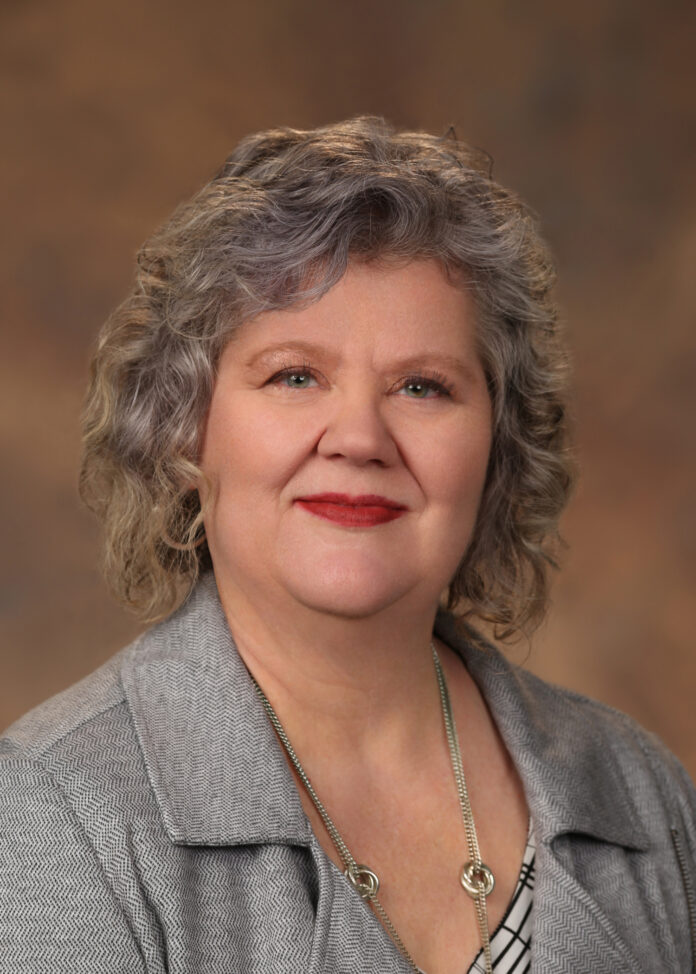
On the wall of my office, where I can easily see when I am sitting behind my computer, there are several plaques with quotes that I look to for inspiration when I’m having a tough day. Among those plaques, there is a quote from our 30th President, Calvin Coolidge, that I especially love. He said, “Nothing in the world can take the place of persistence. Talent will not, nothing is more common than unsuccessful men with talent. Genius will not, unrewarded genius is almost a Proverb. Education will not, the world is full of educated derelicts. Persistence and determination alone will bring success.” Dory from the movie Finding Nemo said something very similar in a much simpler way. She said, “Just keep swimming.” For so many cancers, I think about the death rates, but when it comes to breast cancer, I think about those who have persisted, those who kept swimming, those who survived.
According to the Centers for Disease Control and Prevention (CDC), in 2020, 239,612 new cases of female breast cancer were reported. That works out to about 119 cases per 100,000 women in the U.S. each year. Texas fares a little better with 109.5 new cases in 2020 per 100,000 women. Breast cancer is by far the most common type of cancer in women. Its rates are more than double the number two cancer in women.
According to the American Cancer Society, breast cancer is highly survivable when it is found early. With Stage 1 breast cancer (also known as localized cancer), the 5-year survival rate is 99%. Stage 2 breast cancer (regional cancer) has an 86% survival rate at 5 years. It’s when the cancers spread (metastasize) in stages 3 & 4 (distant cancers) that the survival rate drops to 30% at 5 years. These are statistics, so please remember they consider all kinds of breast cancers in every person diagnosed, and the data is from people who were diagnosed at least 5 years ago. That means if you are diagnosed today, your outcome might be different. According to the American Cancer Society women diagnosed today have better outlooks than they did 5 years ago. But they also caution that the statistics don’t consider other risk factors like age, overall health, and the specific type of cancer that you may have.
The thing that I want to encourage everyone to remember with all of this data is that breast cancer is not necessarily a death sentence. Statistically, when all stages are considered, the 5-year survival rate for breast cancer is 91%! Survival is where persistence comes in. Persistence starts with knowing your risks, then getting screened and doing those screenings consistently. The current recommendations from the National Breast Cancer Foundation, the American Cancer Society, and the CDC are that all women should have a risk assessment by age 30, especially if you are of minority heritage.
Many minorities have a higher risk of breast cancer and need to start screening early. Depending on your risk, your primary care provider may want you to start screenings earlier, but all women need to have an annual screening mammogram starting at age 40 until they are past age 70. There are some considerations with that as well, so again, your primary health care provider is your best guide on the screening mammogram schedule that works best for you. Be persistent in setting up a plan with your health care provider so you if you do develop breast cancer, you catch it early when the survival rate is highest.
I sometimes hear of a woman who is diagnosed with breast cancer in later stages because they didn’t get regular screening mammograms because of the cost. Please don’t let cost stop you from getting a mammogram. We have this incredible organization here in the Permian Basin called Pink the Basin. Their mission is to make sure that every woman in the Basin who needs a screening mammogram can get one. They have scholarships available for people who are uninsured, or their insurance does not cover costs. You can find out about their programs on their website pinkthebasin.com.
That brings me to one last thing when it comes to persistence and breast cancer. If you are diagnosed, be persistent in asking questions with your health care providers if you don’t understand your prognosis or treatment plan. Seek out support from other survivors and from the community. Pink the Basin and many other cancer organizations have great support resources for those who are diagnosed with breast cancer. But mostly, as your are battling this very challenging disease, remember that for most, breast cancer is survivable, and that you just keep swimming will make a difference.



